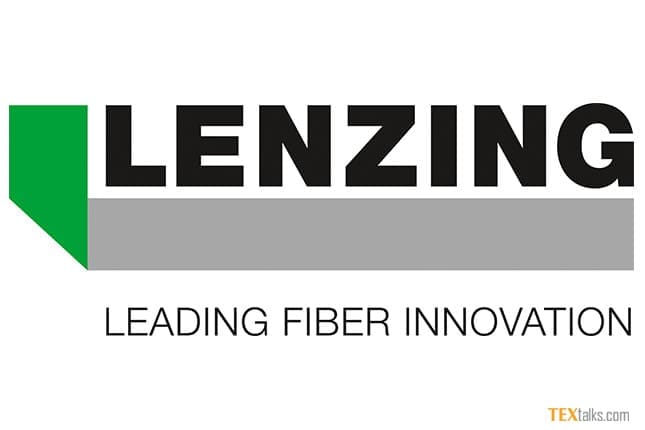There is much evidence that fashion adds to the world’s waste problem. And it’s only gotten worse as fast fashion shortens the time between buying clothes and throwing them away.
Today’s fashion industry is based on a straight model: fiber is made, clothes are made, people wear them, and then they get rid of them. Circularity is an excellent choice because it lets clothes be used again after they’ve been worn out by reselling, fixing, recycling, and other options.
Because materials are crucial for closing the loop, specialty fiber maker Lenzing has made it easier to recycle textiles into other textiles. When Lenzing released TENCEL™ Lyocell with REFIBRATM technology in 2017, it was the first circular cellulose fiber that the public could buy. When REFIBRA™ technology makes TENCEL™ brand lyocell fibers, cotton cloth waste and wood are used as raw materials. If not for recycling, these old cotton clothes would have ended up in dumps or been burned.
Now, Lenzing has added REFIBRA™ technology to its viscose yarns called LENZING™ ECOVERO™. This growth not only gives textile waste a new way to go but also makes it easier for more businesses to use circular and recycled material. LENZING™ ECOVERO™ fibers are already used by 500 brand names, such as American Eagle Outfitters, Fruit of the Loom, and Farm Rio. Fashion businesses worldwide will be able to buy LENZING™ ECOVERO™ with REFIBRA™ technology.
Florian Heubrandner, executive vice president of Lenzing’s global textiles business, said, “LENZING™ ECOVERO™ with REFIBRA™ technology is well-positioned to meet the rising demand for a wide range of circular design innovations.” “This new product gives fabric mills, clothing manufacturers, and consumer brands that share Lenzing’s vision the tools they need to join us on this transformative journey. Together, we can give used textiles a new lease on life and make circularity the core of the textile value chain.”
Lenzing’s cycle solutions also include creating new fibers and increasing the amount of REFIBRA™ feedstocks that can be used. The company worked with Sodra, a Swedish pulp maker, to make OnceMore®, Sodra’s pulp product made from used textiles. Lenzing and Sodra got a 10-million-euro grant ($10.68 million) earlier this year to help fund and grow their OnceMore® project and make circularity more common in business. Lenzing also made a deal with Renewcell to buy 80,000 to 100,000 tons of its CIRCULOSE® pulp annually for five years.
Lenzing started the Fiber Recycling Initiative by TENCEL™ with mill partners Artistic Milliners, Canatiba, and Textil Santanderina to make denim fabrics out of TENCEL™ fibers that have been recovered mechanically. Using used lyocell trash on a large scale for business changes the circular future of a sustainable denim industry worldwide.

